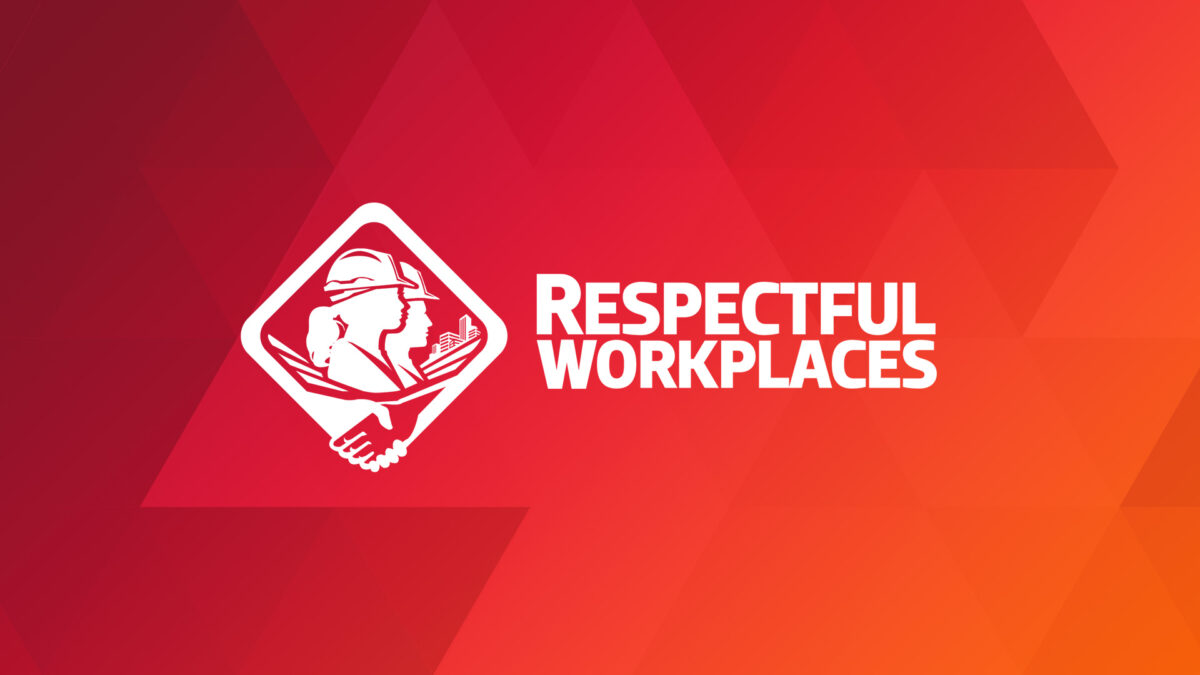Does your organization develop transformational leaders who foster a sense of purpose and belonging?

In its annual study of Gen Zs and millennials, the global consulting firm, Deloitte, found that when Gen Zs and millennials are empowered to make change in their organization, they are more likely to report being satisfied with their organization’s societal and environmental impact and its efforts to create a diverse and inclusive culture.
When Gen Zs and millennials believe that their organization seeks input from workers at all levels and incorporates their feedback, they feel a sense of belonging and inclusion. This increases the likelihood they will stay at their organization beyond five years.
However, Gen Zs and millennials in senior leadership are more likely to feel empowered to make change than those in junior positions. Gen Zs (65%) and millennials (64%) in senior leadership positions are more likely to say that their organization seeks input from workers at all levels and incorporates their feedback compared to 43% of Gen Zs and 37% of millennials in junior positions.
Gen Zs and millennials want to work at organizations where they can contribute to social and environmental causes. They are willing to turn down jobs and assignments that don’t align with their values. To generate a sense of purpose, organizations need to invest in creating transformational leaders who empower others and cascade feelings of belonging throughout all levels of the organization.
In her work to foster social change and social innovation, Gretchen Ki Steidle believes that becoming “a truly transformational leader requires an investment in both inner and outer work. There is self: the capacities, knowledge, and insights you cultivate as a leader. And there is the other – the world around you that you affect. These two sides are inextricably linked, with each realm informed by and depending on the other.”
In a study of more than 2,100 workers at large corporations in eight countries, Catalyst researchers explored the leadership profile identified by Steidle. They found that personal investment in inner work and outer work can create transformational leaders. The researchers developed a model of two complementary dimensions, “leading outward” and “leading inward,” each with three core behaviours.
Leading inward requires the effort and desire to learn about others, learn from your mistakes, and act courageously in challenging situations.
1. Curiosity: proactively seek to understand different points of view.
- Learn from those around you, particularly those with differing views and experiences.
- When listening to a team member describe an issue or problem, instead of immediately trying to fix it, ask a meaningful follow-up question; try to encourage the person to reflect and resolve the issue themselves.
2. Humility: take ownership for mistakes and learn from them.
- Don’t assume others share your viewpoints.
- Encourage team members to tell you the truth. Talk to your team members about your failures.
3. Courage: act in accordance with your principles, even when it involves personal risk taking.
- Create ongoing leadership development for you and team members.
- Identify one thing that you each can do differently.
- Track and discuss missteps and progress.
Leading outward requires visible and ongoing commitment to accountability, developing team members, and being an ally to those who experience barriers.
1. Accountability: guide team members to set their own clear and measurable goals.
- Check in regularly and reevaluate goals as situations change.
- Set expectations for ongoing constructive two-way feedback.
- Focus on both strengths and areas of improvement.
2. Ownership: share the broader purpose and context of the work.
- Have candid discussions about performance expectations to help team members make decisions and solve their own work issues.
- Encourage team members to develop “big picture” thinking.
- Ensure team members have the resources to perform well in their roles.
3. Allyship: be visible in your support of people from underrepresented groups.
- Amplify the voices of underrepresented or marginalized groups.
- Engage in dialogue with workers about the realities of bias, discrimination, and barriers.
- Interrupt biased behaviours and encourage others to do the same.
Leaders committed to doing the inner and outer work necessary to become transformational leaders are key to communicating a sense of purpose and cascading feelings of belonging throughout all levels of an organization. When organizations empower workers with a sense of purpose, they are more likely to feel that their organizations are diverse and inclusive. The result will be higher levels of engagement, retention, team problem solving, and morale.
Leaders and managers who wish to become transformational leaders could consider participating in An Introduction to Understanding Systemic Racism: A Guide for Leaders and Managers. It provides guidance for leaders on the inner and outer work necessary to create organizations where all workers feel a sense of belonging and inclusion.
For more info:
- Deloitte. The Deloitte Global 2022 Gen Z and Millennial Survey. See www2.deloitte.com/global/en/pages/about-deloitte/articles/genzmillennialsurvey.html.
- Dnika J. Travis, Shaffer, E., & Thorpe-Moscon, J. (2020). Getting Real about Inclusive Leadership. Catalyst. See www.catalyst.org/wp-content/uploads/2020/03/Getting-Real-About-Inclusive-Leadership-Report-2020update.pdf.
- Steidle, Gretchen Ki. Leading from Within. Cambridge, MA USA. MIT Press, 2017.
Read from the beginning. Click here to start at Part 1.
What can an effective Respectful and Inclusive Workplace Program deliver?
- Become an employer of choice – attract, retain, and advance top talent from all sources of labour
- Unlock collaboration and innovation – create high-performing teams through diversity of thought and experience
- Build your brand – your organization will gain a competitive edge as a leader and innovator
Get started today!
The BuildForce Canada Online Respectful and Inclusive Workplace Toolkit includes:
- the Respectful Workplace Online Self-Assessment Tool to assist organization leadership in assessing their current situation and identifying where they may need to make changes
- the Respectful Workplace Policy Framework and Implementation Guide to assist organizations in creating and implementing a policy that supports a respectful and inclusive workplace
- the Respectful Workplace Online Training Course to train workers on how to create and support a respectful and inclusive workplace
- the online course Introduction to Understanding Systemic Racism: A Guide for Leaders and Managers
All the resources you need to create and support a respectful and inclusive workplace!

Respectful and Inclusive Workplaces
